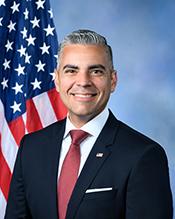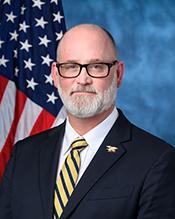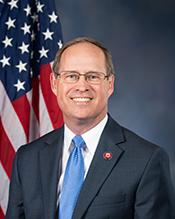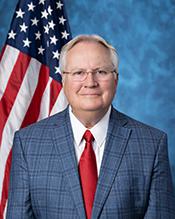0
VET–TEC Authorization Act of 2023
12/27/2023, 2:36 PM
Summary of Bill HR 1669
If passed, this bill would authorize the Department of Veterans Affairs to continue operating the VET-TEC program for an additional five years. It would also make several key changes to the program, including expanding the types of technology education and training programs that veterans can participate in, increasing the amount of funding available for the program, and streamlining the application process for veterans seeking to participate in VET-TEC.
Additionally, the bill would require the Department of Veterans Affairs to conduct outreach and provide information to veterans about the VET-TEC program, in order to increase awareness and participation among eligible individuals. The goal of these changes is to help more veterans gain the skills and training they need to successfully transition to civilian employment in the technology sector. Overall, the VET-TEC Authorization Act of 2023 aims to support and empower veterans by providing them with access to high-quality technology education and training programs that can help them secure meaningful and well-paying jobs in the growing technology industry.
Congressional Summary of HR 1669
VET-TEC Authorization Act of 2023
This bill addresses various Department of Veterans Affairs (VA) programs and benefits, including to continue a high technology program and provide burial and funeral allowances for certain veterans.
(Sec. 2) The VA must implement through FY2028 a program under which it provides up to 6,000 covered individuals per year the opportunity to enroll in high technology programs of education that provide non-degree training or skills related to computer programming, media application, data processing, or information sciences. A covered individual is a veteran who (1) the VA determines is under the age of 62, served an aggregate of at least 36 months on active duty, and was discharged or released from service under conditions other than dishonorable; or (2) will satisfy such requirements in fewer than 180 days after the VA's determination.
In administering the program, the VA must provide assistance to covered individuals in amounts equal to those provided to Post-9/11 GI Bill recipients who are pursuing a degree on more than a half-time basis.
(Sec. 3) The bill also requires the VA to provide a burial and funeral allowance for a veteran who dies from a non-service-connected disability in a home or other setting at which the veteran was receiving VA hospice care (if such care was directly preceded by VA hospital or nursing home care).
(Sec. 4) The bill provides that a rehabilitation program under the Veteran Readiness and Employment Program may include a program that includes flight training and does not lead to a degree.
(Sec. 5) This section imposes sole liability for overpayments of educational assistance under the Post-9/11 GI Bill on the individual who was eligible for such assistance in situations where the individual failed to complete a service agreement and transferred the entitlement to a dependent.
Filipino Education Fairness Act
(Sec. 6) This section increases the amount of educational assistance available to an individual pursuing a program of education under the Survivors' and Dependents' Educational Assistance (DEA) program at an institution located in the Philippines. Under current law, DEA educational assistance for an individual pursuing a program of education at an institution located in the Philippines is limited to $0.50 for each dollar. The bill makes an individual eligible for the full assistance amount.
(Sec. 7) The VA must provide eligibility and award documents related to specified VA educational assistance programs (e.g., the Post-9/11 GI Bill) in an electronic format. Specifically, the VA must electronically provide (1) a certificate of eligibility for an individual's entitlement to assistance, and (2) an award letter regarding the authorization to receive assistance.
An individual may elect to receive documents by mail and may revoke such an election at any time.
(Sec. 8) Finally, the bill extends certain loan fee rates through April 30, 2032, under the VA's home loan program.





